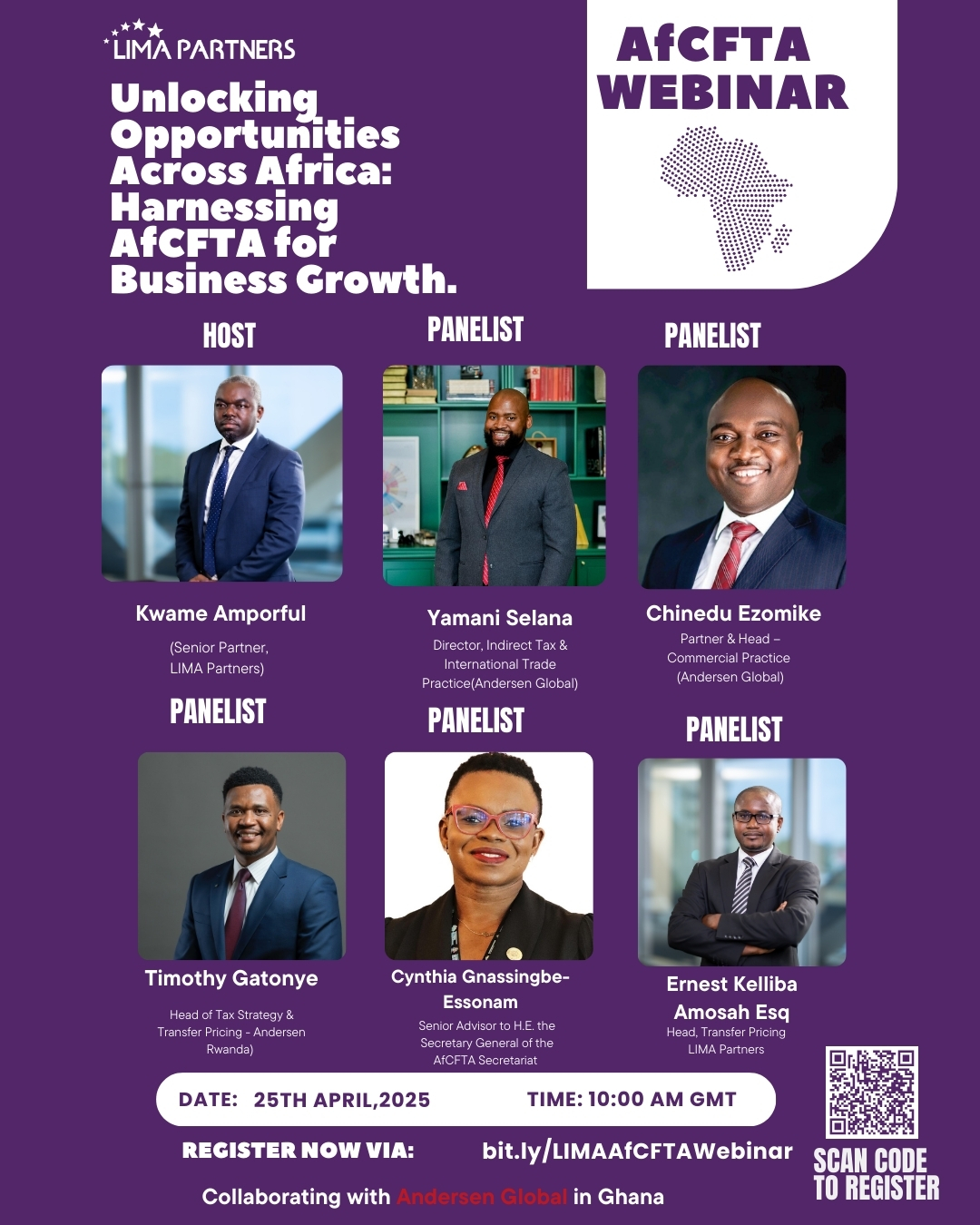The African Continental Free Trade Area (AfCFTA) has seen a major expansion in participation, with nearly 30 countries now engaged under the Guided Trade Initiative.
This was disclosed by Cynthia Nyasimbe Esonam, Senior Advisor to the AfCFTA Secretary General at a high-level webinar hosted by Anderson Networks.
Ms. Esonam outlined the strides made since the agreement’s launch, describing the initiative as “Africa’s opportunity to integrate itself and build one single market of 1.3 billion people.”
She highlighted that 23 countries have gazetted their tariffs and opened borders for intra-African trade under the AfCFTA regime. “That means their customs officers have the new tariffs in their system, and these countries can now import and export using AfCFTA certificates of origin,” she explained.
Signed in 2018 and entered into force in 2019, the AfCFTA aims to boost intra-African trade, which currently stands at just 15–17%, far below other regional blocs. Esonam noted that the agreement’s comprehensive legal architecture goes beyond trade in goods and services to include protocols on investment, competition, digital trade, and for the first time, women and youth in trade.
“For the first time in the world, we have a binding agreement that ensures women and youth, especially informal cross-border traders, can participate effectively,” she stated.

She also shed light on the digital trade protocol, which harmonizes continental rules on innovation, emerging technologies, and e-commerce. “We are not just moving goods. We’re harmonizing our systems and creating a unified economic space across sectors,” she emphasized.
While progress in liberalizing trade in services has lagged behind goods, Esonam confirmed that five key service sectors—finance, transport, communications, tourism, and business—are undergoing regulatory alignment. She expressed optimism that the frameworks will be finalized by the end of 2025.
The event also featured expert insights from representatives of Anderson offices across Africa, including Nigeria, Rwanda, South Africa, and Ghana. Speakers discussed tax strategies, regulatory reforms, and business readiness in light of AfCFTA opportunities.
Ms. Esonam closed by urging the private sector to prepare strategically to benefit from the unfolding trade revolution. “The AfCFTA is not just a treaty, it’s a chance for our businesses to thrive, scale, and transform the continent.” she said.
Source: Africafeeds.com


